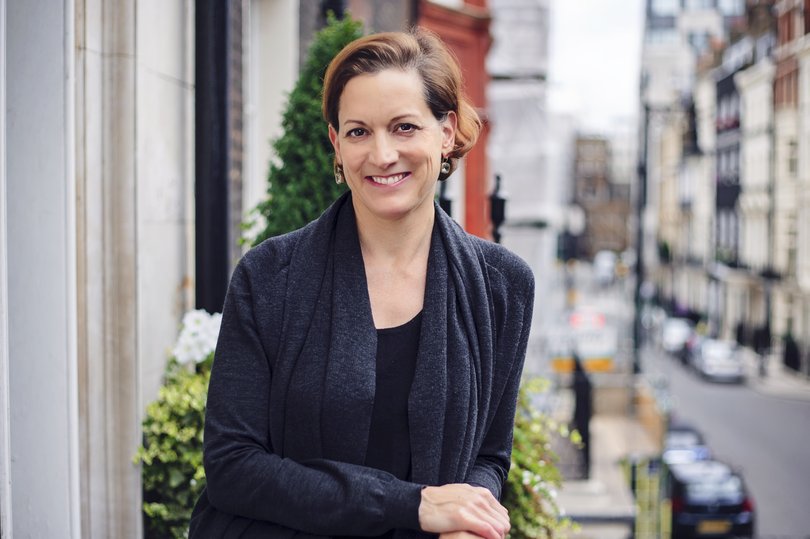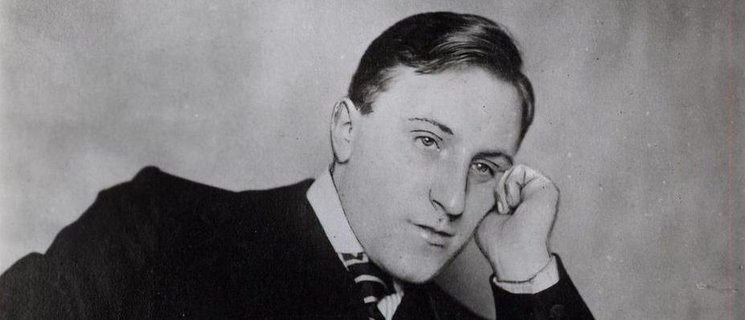Press Release
Jury: Outstanding intellectual who courageously and admonishingly advocate for democracy
Anne Applebaum will receive the Carl von Ossietzky Prize 2024

Oldenburg, Germany. The historian, journalist and publicist Anne Applebaum will receive the Carl von Ossietzky Prize from the city of Oldenburg, Germany, for contemporary history and politics in 2024, worth 10,000 euros. She will be honored by Oldenburg's mayor Jürgen Krogmann at a ceremony on June 6th, 2024. The Carl von Ossietzky -Prize is awarded every two years in memory of the Nobel Peace Prize winner of the same name and is based on the vote of an independent jury.
Dedicated expert for Eastern Europe and Russia
The reasoning states: “With their vote, the jury honors an outstanding intellectual who combines scientific and journalistic expertise with her concept of publicly visible contemporary historiography and who courageously and admonishingly advocates for democracy and human rights from a global perspective in the spirit of Carl von Ossietzky. For her scientific and journalistic work, she was able to access sources in Russia that are no longer accessible today. Anne Applebaum has received great international response with her books, articles and interviews, in which she expresses her commitment to current political and contemporary history issues.”
The jury continues: “Anne Applebaum also warned early on about Putin and his aggressive anti-Western course. From the outset, she unequivocally called for Ukraine's support against the aggressor in order to send Russia a clear message, and here too, with her professional perspective and her journalistic competence, she made a significant contribution to the public debate on the Russian war against Ukraine. It calls for the preservation of a rules-based world order and, last but not least, reminds Europe to pursue a clear, peace-keeping security policy.”
The jury includes: the historian Prof. Dr. Dagmar Freist, the host and author Shelly Kupferberg, the former NDR state radio station director Friedrich-Wilhelm Kramer, the former Tagesthemen host Thomas Roth and the historian Prof. Dr. Martin Sabrow.
About Anne Appelbaum
The winner Anne Applebaum (born 1964 in Washington, D.C.) studied Russian history, literature and international relations at Yale University, the London School of Economics (LSE) and St. Antony's College in Oxford.
As part of her journalistic work, she worked as a columnist, political editor and foreign correspondent for media outlets such as the Washington Post, the Spectator, Daily Telegraph, Economist, Independent and The Atlantic. In addition, Applebaum gave guest lectures at universities in the USA and Europe. She held the Philippe Roman Chair in History and International Relations at the LSE. Applebaum served as director of the Transitions Forum for the Legatum Institute in London, a conservative think tank.
As an author, Applebaum primarily deals with Eastern European topics, such as the collapse of the Soviet Union and the development of Eastern European states after the end of the Cold War. She was awarded the Pulitzer Prize in 2004 for her detailed study “The Gulag” about the labor and penal camp system in the Soviet Union.
In her most recent work, “The Allure of the Authoritarian” (2021), she examines the question of what makes authoritarian and illiberal forms of rule so attractive for many people and why democracy as a form of government has come under pressure worldwide. In addition to American citizenship, Applebaum also has Polish citizenship.
The Carl von Ossietzky Prize for Contemporary History and Politics
The Carl von Ossietzky Prize for Contemporary History and Politics has been awarded every two years by the city of Oldenburg since 1984. The award is given to people who deal with the life and work of Ossietzky or who, in the spirit of Carl von Ossietzky, deal with the democratic tradition and present in Germany as well as with topics of politics and contemporary history. Previous award winners include Igor Levit (2022), Deborah Lipstedt (2018) and Irina Scherbakowa (2014).
Zuletzt geändert am 14. März 2024






 zurück
zurück